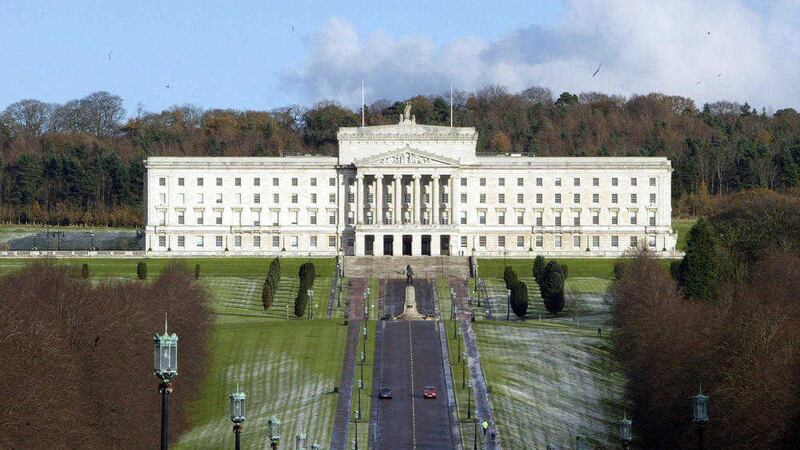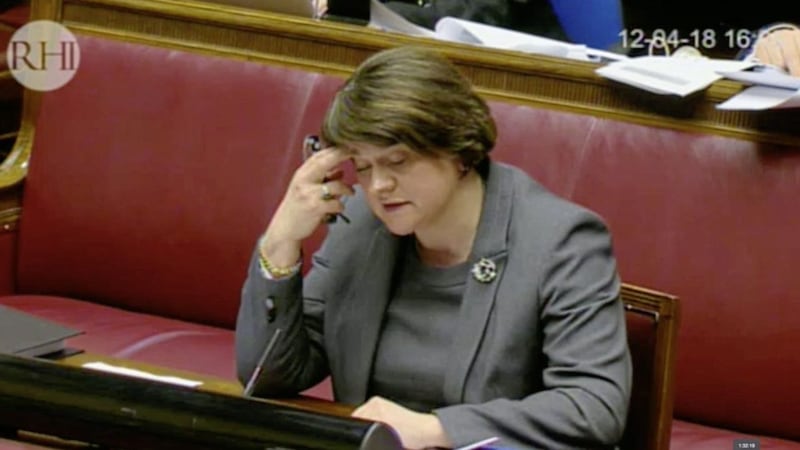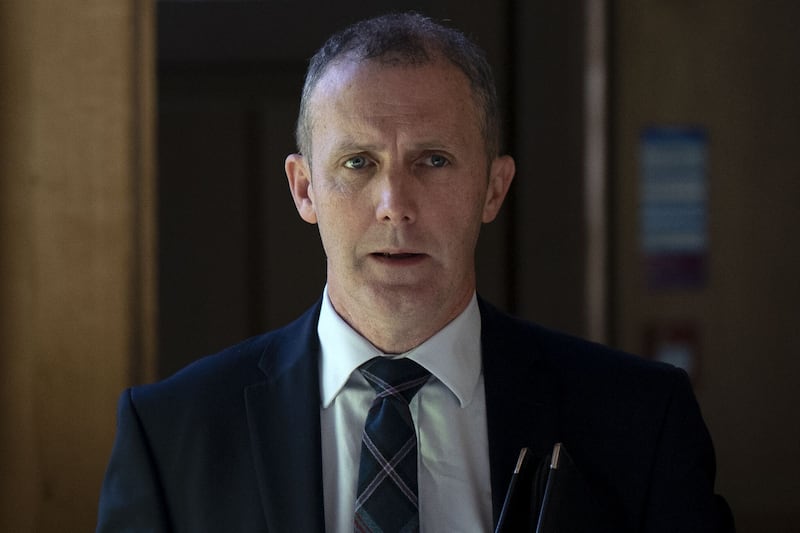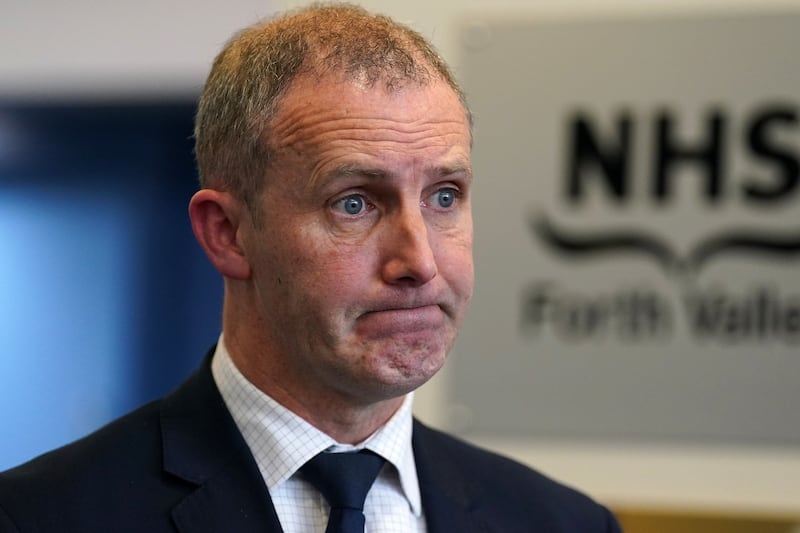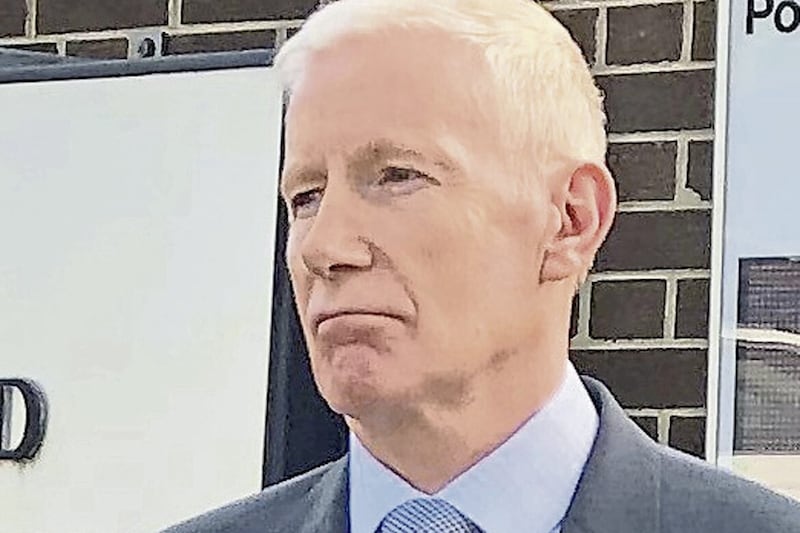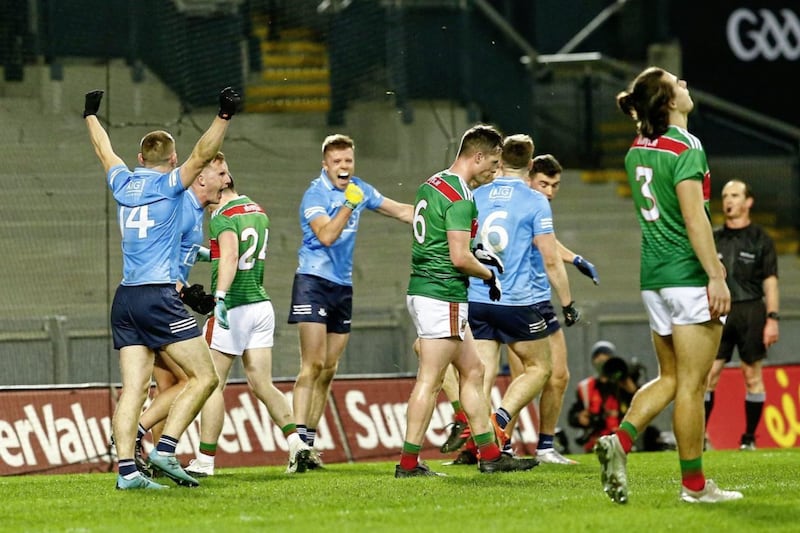The Assembly Commission has responded to criticism of the process for dealing with MLAs' disputed expenses claims by claiming its methods are "open and transparent" .
The system used by assembly members for querying claims that have been rejected is at the centre of a fresh expenses row that comes on the back of furore around controversial payments to a Sinn Féin-linked research company.
But while the Assembly Commission – the body overseeing Stormont business – has defended the system, the head of Stormont's spending watchdog last night described it as "bad practice" and said new rules were needed which corresponded to those used by other devolved parliaments.
Independent Financial Review Panel chairman Pat McCartan said the process referred to in guidance to MLAs was "an informal, informal system" that was not transparent.
He said for a process to be open, records needed to kept of discussions between the MLA in question and the assembly authorities.
Mr McCartan's comments came as it emerged that Westminster's expenses watchdog has raised concerns about the manner in which a number of MLAs were overturning refusals of their claims.
A report leaked to BBC's Nolan Show shows the Independent Parliamentary Standards Authority (IPSA) labelled the Stormont system for appealing expenses claims "informal and ad hoc".
The Westminster watchdog recommended it be replaced with something "entirely formal and documented".
IPSA characterised the present system as "not a robust mechanism for reviewing refusals of claims" and said it could "give rise to allegations of impropriety".
In one case highlighted by IPSA, an unnamed MLA approached assembly management after a query was raised about phone costs incurred during a holiday.
"The MLA in question was unhappy at being asked to provide justification and has [we are told] escalated the issue to the senior management of the assembly," the IPSA report said.
The Assembly Commission, which is chaired by speaker Mitchel McLaughlin with its five other members drawn from Stormont's largest parties, has dismissed claims that a "secret appeals mechanism" exists for members who want to challenge the outcome of expenses claims.
First Minister Arlene Foster said Stormont needed to adopt an expenses system similar to Westminster.
"There is a necessity now to review what has occurred and to move forward from there, because we need to protect individual members as well as the integrity of the assembly," she said.
SDLP leader Colum Eastwood will meet the assembly authorities today to raise concerns about the recent expenses controversies.
"It’s critical that we investigate the mechanism currently being used to query or appeal expenses claims that are rejected or that come back with further questions," Mr Eastwood said.
"If there is a perception that this process is not transparent then we need to take action to address that and move toward a formal appeal structure."
The Assembly Commission last night insisted the system for appealing expenses claims was open and transparent, but was did not provide any evidence to support the claim.
The Stormont authorities have already been criticised for paying £150,000 to Sinn Féin-linked Research Services Ireland, a company run by members of the party's finance team.
A previous determination by the expenses watchdog had banned the practice, but the assembly says it was honouring contracts signed before the ruling.
